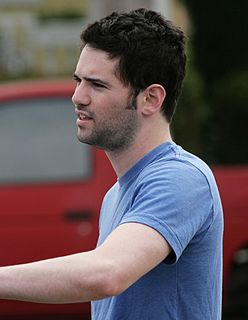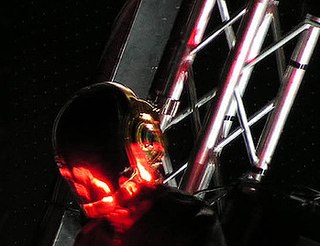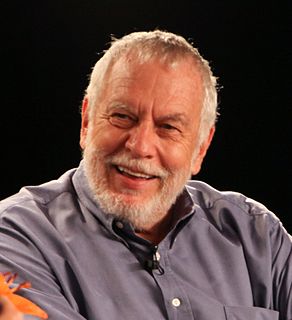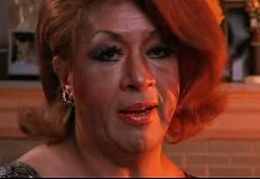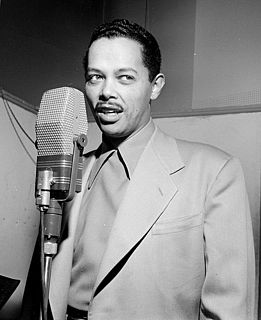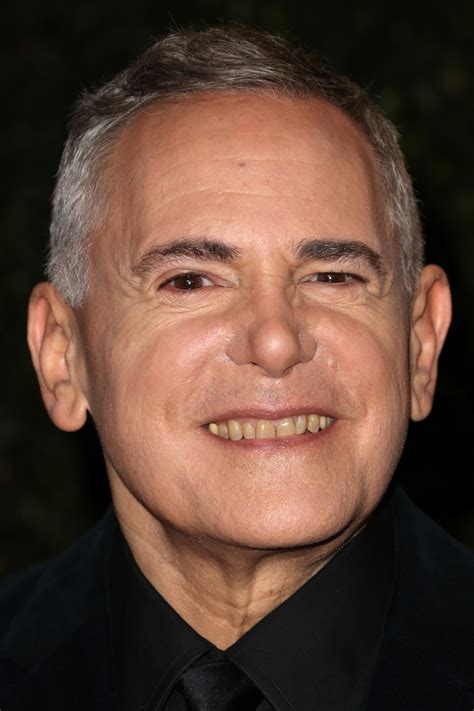A Quote by George A. Romero
At the time we did 'Night,' I was a director of television commercials. Some of them cost a lot more than our whole movie. They were very slick, sophisticated... we wanted the opposite look for 'Night.' We wanted it to look like a newsreel.
Related Quotes
I wanted to feel the blood running back into my veins, even at the cost of annihilation. I wanted to shake the stone and light out of my system. I wanted the dark fecundity of nature, the deep well of the womb, silence, or else the lapping of the black waters of death. I wanted to be that night which the remorseless eye illuminated, a night diapered with stars and trailing comets. To be of night so frighteningly silent, so utterly incomprehensible and eloquent at the same time. Never more to speak or to listen or to think.
There is something about this process, and about the whole 8 x 10 [camera] business, that takes it out of the arena of the snapshot, even though, of course, I'm always desperate for that feeling. I wanted those family pictures to look effortless. I wanted them to look like snapshots. And some of them did.
Hair is very, very distinctive. I started that with that boxing movie I did, The Great White Hype. The director wanted me to look like Don King, and everybody knew who Don King was. But I didn't want to be Don King. I wanted the man to be Rev. Fred Sultan, so I decided to make him look like Julius Caesar. And from that point on, I just decided, I had this great wig-maker, so I just found hairstyles that I felt would be distinctive for every character. Like an adventure.
Big Fish was the first movie that we worked on together, and I had already written it. We had another director, but that director didn't do it. So, it was just a Hail Mary to Tim, and Tim said that he wanted to do it and I was like, "That's fantastic!" But, there wasn't a lot of collaboration because he knew what he wanted to do and just did it. There were very minor changes for Big Fish.
As far as commercials were concerned, I did very few, and I did them only when they gave me carte blanche to them the way that I wanted to. And I did them as an exercise, because I, who do very long films, never thought I would be able to tell a story in 30 or 40 seconds - you come across a whole new system and manner of approaching a subject.
There's a feeling of despair for some, but that's not what we wanted. Because the whole movie is without dialogue, it's more a question than an answer. We wanted to make a question mark so people could project what they wanted onto 'Electroma' - some people see it as sad, some as happy. Everyone is different.
Atari always was a technology-driven company, and we were very keen on keeping the technological edge on everything. There's a whole bunch of things that we innovated. We made the first computer that did stamps or sprites, we did screen-mapping for the very first time, and a lot of stuff like that. We had some of the most sophisticated sound-creating systems, and were instrumental in MIDI.
When we did 'Chicago' and we announced Renee Zellweger, Catherine Zeta-Jones, Richard Gere, and Queen Latifah, everybody went crazy and said, 'What are they doing? What are they thinking?' And, now, you look at the movie, and you see that we chose the people that we wanted for that movie, and we were so proud of all of them.






